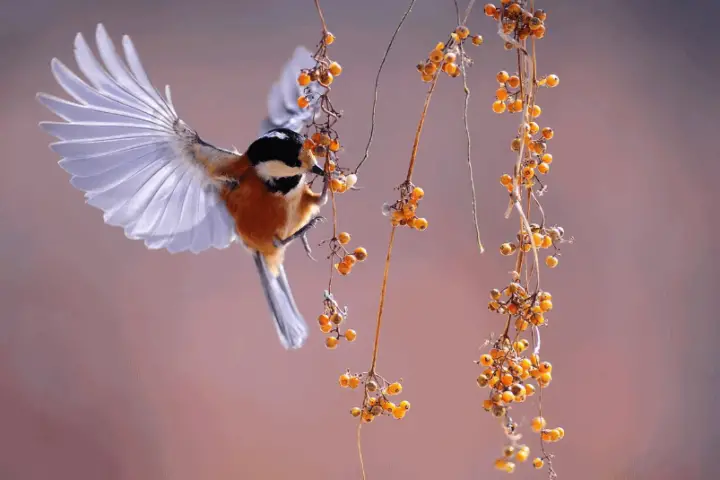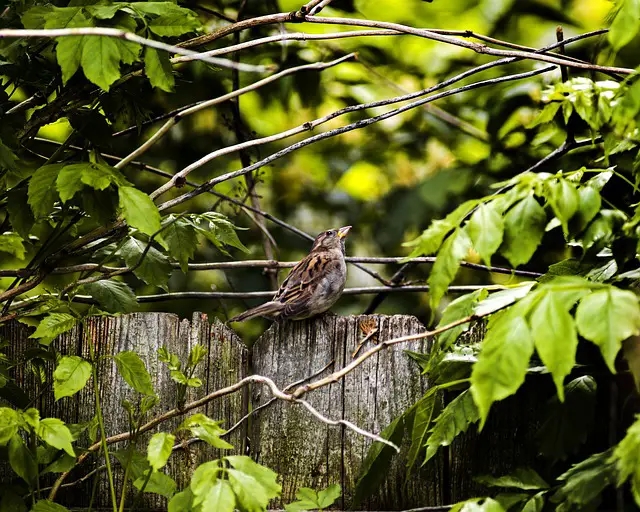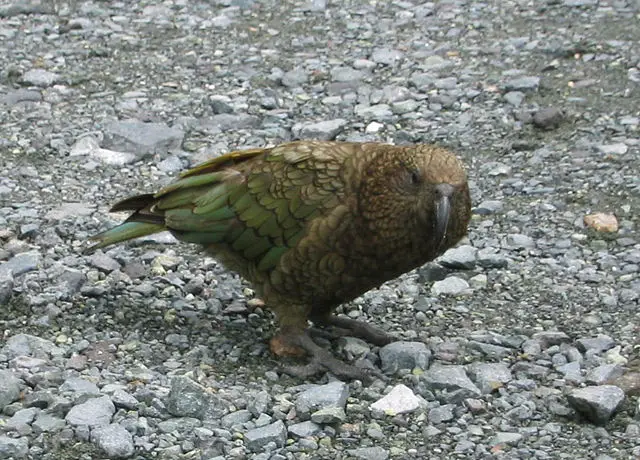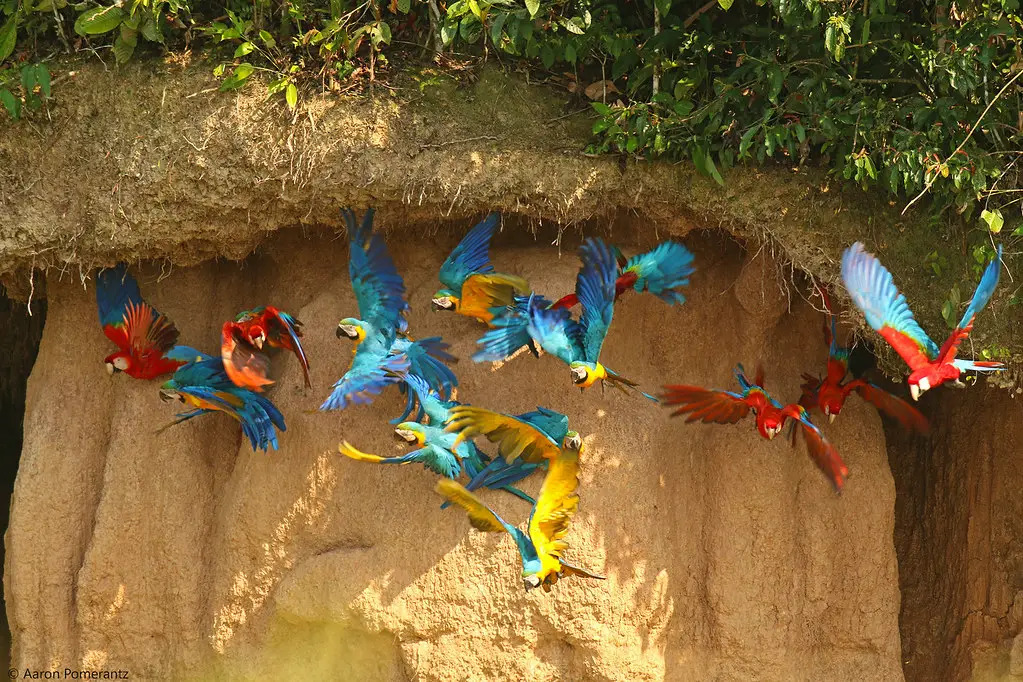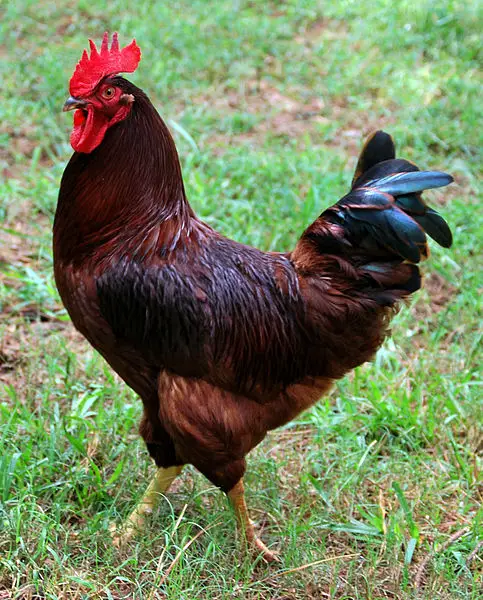The Rouen duck is one of the domesticated breeds of duck species. It is thought to develop from the wild mallard duck. They make one of the most familiar table breeds. Rouens are extremely slow to achieve maturity age.
Rouen Duck Facts
Adults average 9 – 12 lb (4.1 – 5.4 kg) in weight.
They are mainly recognized by their light brown plumage and is also the lighter version of the mallard species.
They have long and deep body along with the flat green-yellow bill. Rouens are quite lazy birds.
The legs are brick-red in color while the head is massive.
A female lays 35 – 125 eggs each year. They take time to attain maturity.
They have got webbed feet which allow the bird to swim quite efficiently. Rouens are able to swim even in icy water and their feet do not get cold. However on land they walk rather in an unorthodox fashion.
Males are known as ‘drake’ while females are called ‘hen’.
The feathers on the tail are hard and stiff. These are recognized by ashy-brown color.
Rouens have short but broad wings.
See also: Mallard Duck Facts
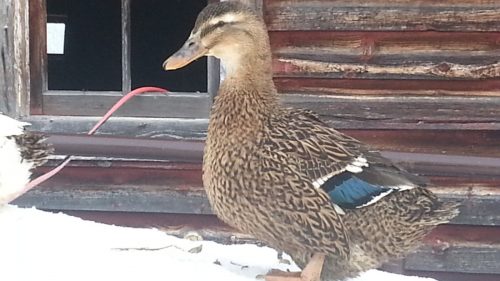
The soft brown down prevents the bird from catching cold and it keeps the body warm even underwater.
They are often seen preening one another or even themselves. Rouens rotate their heads backward to put it in feathers and start preening.
Male Rouens are extremely aggressive especially when they must guard their nest. They will actively chase down any one who aims to violate the territory.
The clutch size consists of 5 – 10 white eggs.
Eggs hatch in about 4 weeks. Ducklings will begin to fly within 35 – 56 days.
Rouens are believed to see color. They can see very well under water. They keep their eyes moist by blinking.
In captivity they are fed with commercial duck food pellets.
The average lifespan of Rouen duck is 8 – 12 years.
They are typically bred (in captivity) for human consumption.
A group of ducks is known as ‘brace’.
Rouens lack teeth.

